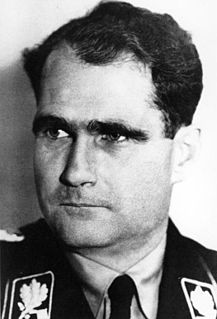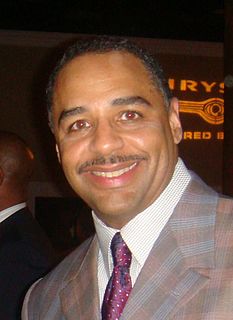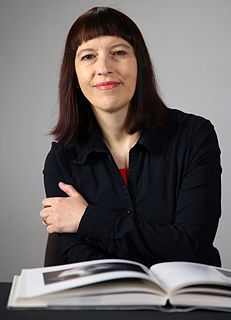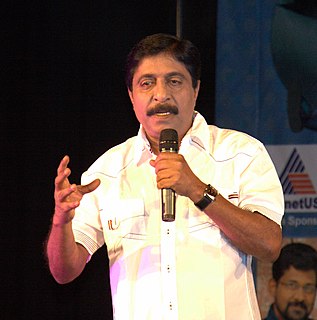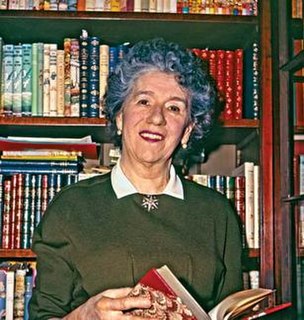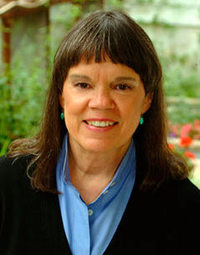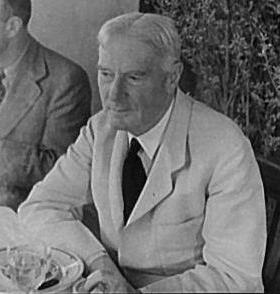A Quote by Rudolf Hess
My coming to England in this way is, as I realize, so unusual that nobody will easily understand it. I was confronted by a very hard decision. I do not think I could have arrived at my final choice unless I had continually kept before my eyes the vision of an endless line of children's coffins with weeping mothers behind them, both English and German, and another line of coffins of mothers with mourning children.
Quote Topics
Related Quotes
Mothers and fathers act in mostly similar ways toward their young children. Psychologists are still highlighting small differencesrather than the overwhelming similarities in parents' behaviors. I think this is a hangover from the 1950s re-emergence of father as a parent. He has to be special. The best summary of the evidence on mothers and fathers with their babies is that young children of both sexes, in most circumstances, like both parents equally well. Fathers, like mothers, are good parents first and gender representatives second.
Both at-home and working mothers can overmeet their mothering responsibilities. In order to justify their jobs, working mothers can overnurture, overconnect with, and overschedule their children into activities and classes. Similarly, some at-home mothers,... can make at- home mothering into a bigger deal than it is, over stimulating, overeducating, and overwhelming their children with purposeful attention.
We're contemptuous of 'distracted' working mothers. We're contemptuous of 'selfish' rich mothers. We're contemptuous of mothers who have no choice but to work, but also of mothers who don't need to work and still fail to fulfill an impossible ideal of selfless motherhood. You don't have to look very hard to see the common denominator.
Nobody can misunderstand a boy like his own mother. Mothers at present can bring children into the world, but this performance is apt to mark the end of their capacities. They can't even attend to the elementary animal requirements of their offspring. It is quite surprising how many children survive in spite of their mothers.
I will never understand children. I never pretended to. I meet mothers all the time who make resolutions to themselves. 'I'm going to ... go out of my way to show them I am interested in them and what they do. I am going to understand my children.' These women end up making rag rugs, using blunt scissors.
Ideas about mothers have swung historically with the roles of women. When women were needed to work the fields or shops, experts claimed that children didn't need them much. Mothers, who might be too soft and sentimental, could even be bad for children's character development. But when men left home during the Industrial Revolution to work elsewhere, women were "needed" at home. The cult of domesticity and motherhood became a virtue that kept women in their place.
